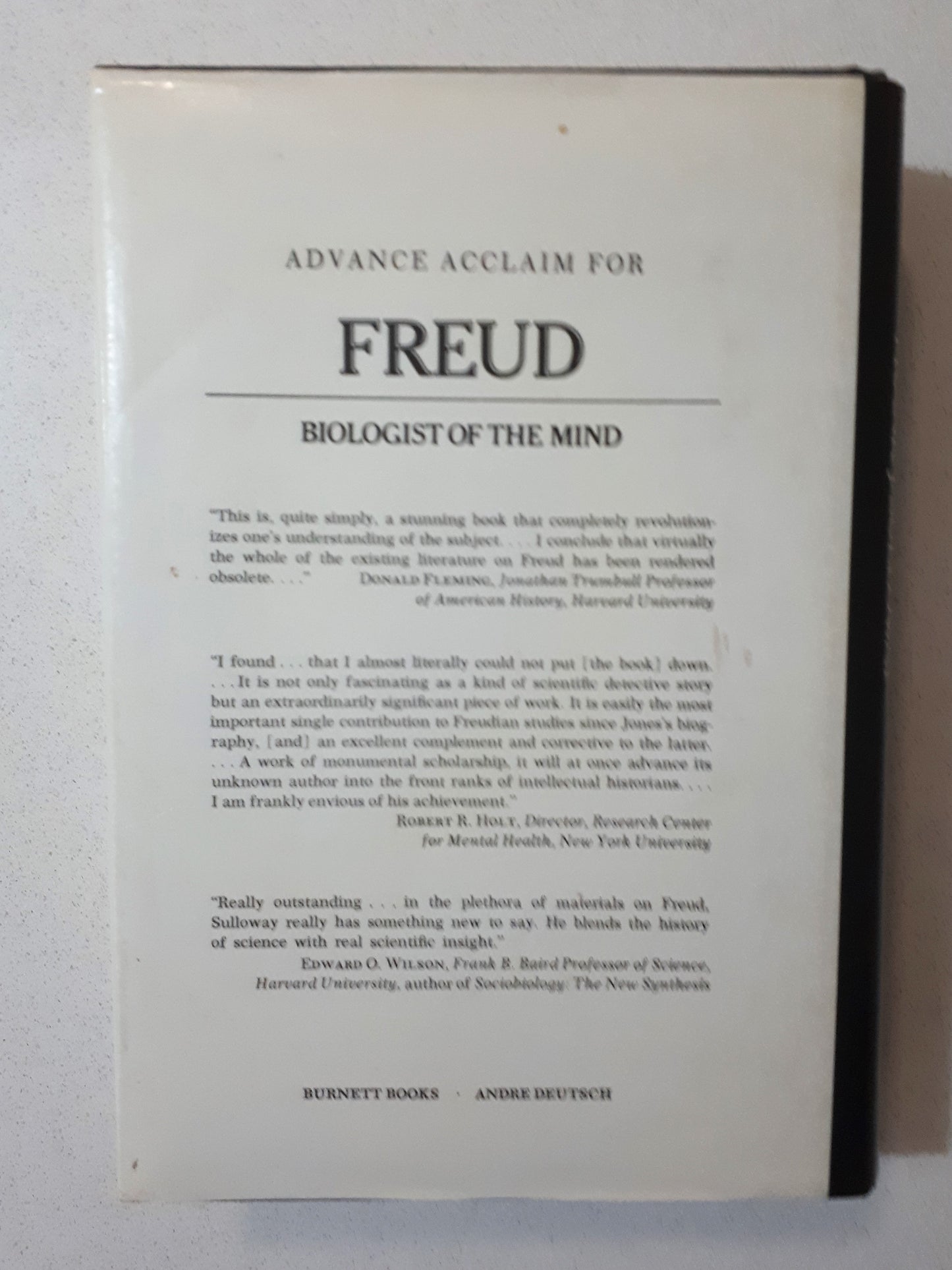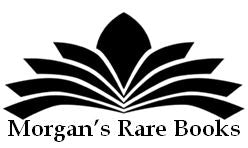Freud Biologist of the Mind by Frank J. Sulloway
Freud Biologist of the Mind by Frank J. Sulloway
Couldn't load pickup availability
Freud Biologist of the Mind:
Beyond the Psychoanalytic Legend
by Frank J. Sulloway
Burnett Books, 1979 (1st UK Edition). 624 pages, ISBN 0233971777, black and white photographs, large hardcover, dustjacket
Fine, Like New Condition
'In this monumental intellectual biography, Frank Sulloway demonstrates that Freud always remained, despite his denials, a biologist of the mind; and, indeed, that his most creative inspirations derived significantly from biology. Sulloway analyzes the political aspects of the complex myth of Freud as psychoanalytic hero as it served to consolidate the analytic movement. This is a revolutionary reassessment of Freud and psychoanalysis.
Sulloway retraces Freud's intellectual development and places psychoanalysis in a historical context larger than that accepted by its proponents. Using sources such as Freud's personal library, Sulloway ties Freud's thinking to contemporary biological theories,[1] and shows that Freud took care to hide the fact that his psychology was derived from neurobiology. Sulloway criticizes the "psychoanalytic legend": the idea that Freud was a lonely hero who, in a hostile intellectual climate, created ex nihilo an entirely new psychology through sheer personal brilliance and courage. Sulloway believes that such myths are sectarian propaganda and obscure Freud's real greatness. Sulloway explores in detail the influence of Richard von Krafft-Ebing, Havelock Ellis, Iwan Bloch, H. H. Ploss, Friedrich S. Krauss, Albert Moll, and Wilhelm Fliess on Freud, as well as the relation of Freud's theorizing to that of Charles Darwin.[5]
He demonstrates that Freud carefully read Untersuchungen über die Libido sexualis, Moll's 1897 study of the nature and development of the sex drive, several years before writing Three Essays on the Theory of Sexuality (1905). Though mainly concerned with Freud, Sulloway supplies biographical details and a photograph of Moll.[1] Discussing the reception of Freud's The Interpretation of Dreams (1899), which he notes has generally been considered Freud's single most important book,[6] Sulloway shows that the work received a respectful reception by reviewers and that Freud's complaints that it had been ignored were unjust.[7] Sulloway considers The Interpretation of Dreams to be the "greatest" of the early works which "place Freud among the most creative scientific minds of all time." - Wikipedia'
Share






